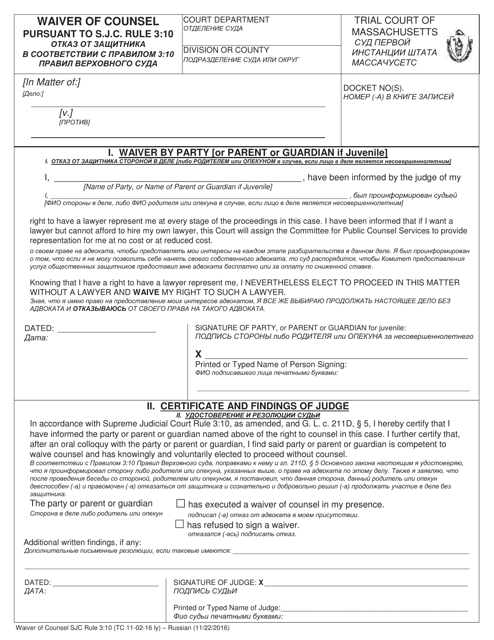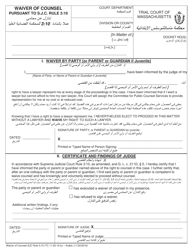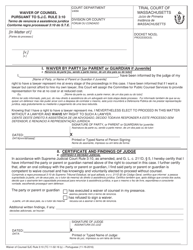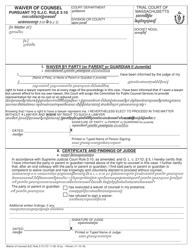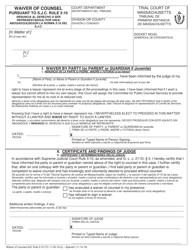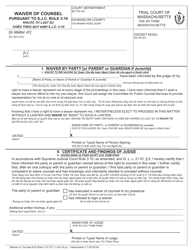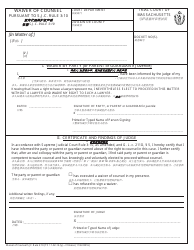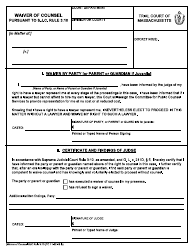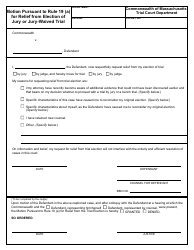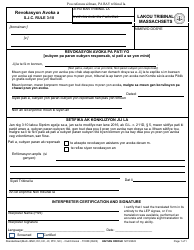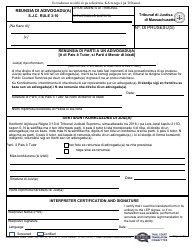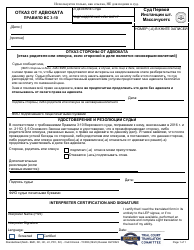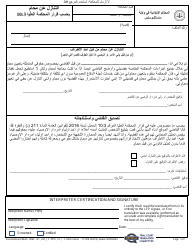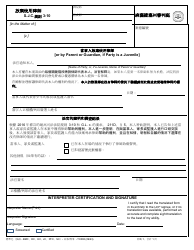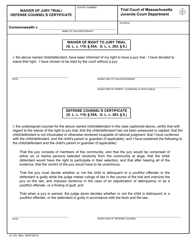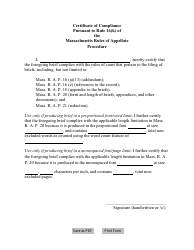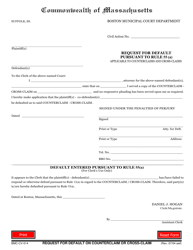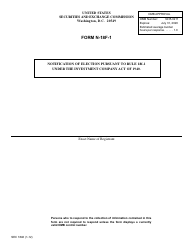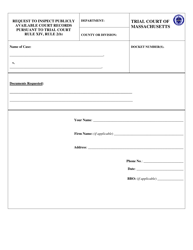Waiver of Counsel Pursuant to S.j.c. Rule 3:10 - Massachusetts (English / Russian)
Waiver of Counsel Pursuant to S.j.c. Rule 3:10 is a legal document that was released by the Trial Court of Massachusetts - a government authority operating within Massachusetts.
FAQ
Q: What is the Waiver of Counsel?
A: The Waiver of Counsel is a process by which a person can choose to proceed in a legal matter without the assistance of an attorney.
Q: What is S.j.c. Rule 3:10 in Massachusetts?
A: S.j.c. Rule 3:10 is a rule that governs the waiver of counsel in Massachusetts.
Q: Can I waive my right to an attorney in Massachusetts?
A: Yes, you can waive your right to an attorney in Massachusetts.
Q: What is the process for waiving counsel in Massachusetts?
A: The process for waiving counsel in Massachusetts involves the court reviewing your waiver, ensuring that you understand the consequences of representing yourself, and making a determination on whether to allow the waiver.
Q: Is it advisable to waive counsel?
A: Whether or not it is advisable to waive counsel depends on the specific circumstances of your case. It is generally recommended to seek legal representation if possible.
Q: What are the consequences of waiving counsel?
A: By waiving counsel, you are choosing to represent yourself in a legal matter. This means that you will be responsible for understanding and navigating the legal process on your own.
Q: Is it possible to reconsider the waiver of counsel?
A: In some cases, it may be possible to request to have the waiver of counsel reconsidered. However, this will depend on the specific circumstances and the discretion of the court.
Form Details:
- Released on November 22, 2016;
- The latest edition currently provided by the Trial Court of Massachusetts;
- Ready to use and print;
- Easy to customize;
- Compatible with most PDF-viewing applications;
- Fill out the form in our online filing application.
Download a printable version of the form by clicking the link below or browse more documents and templates provided by the Trial Court of Massachusetts.
